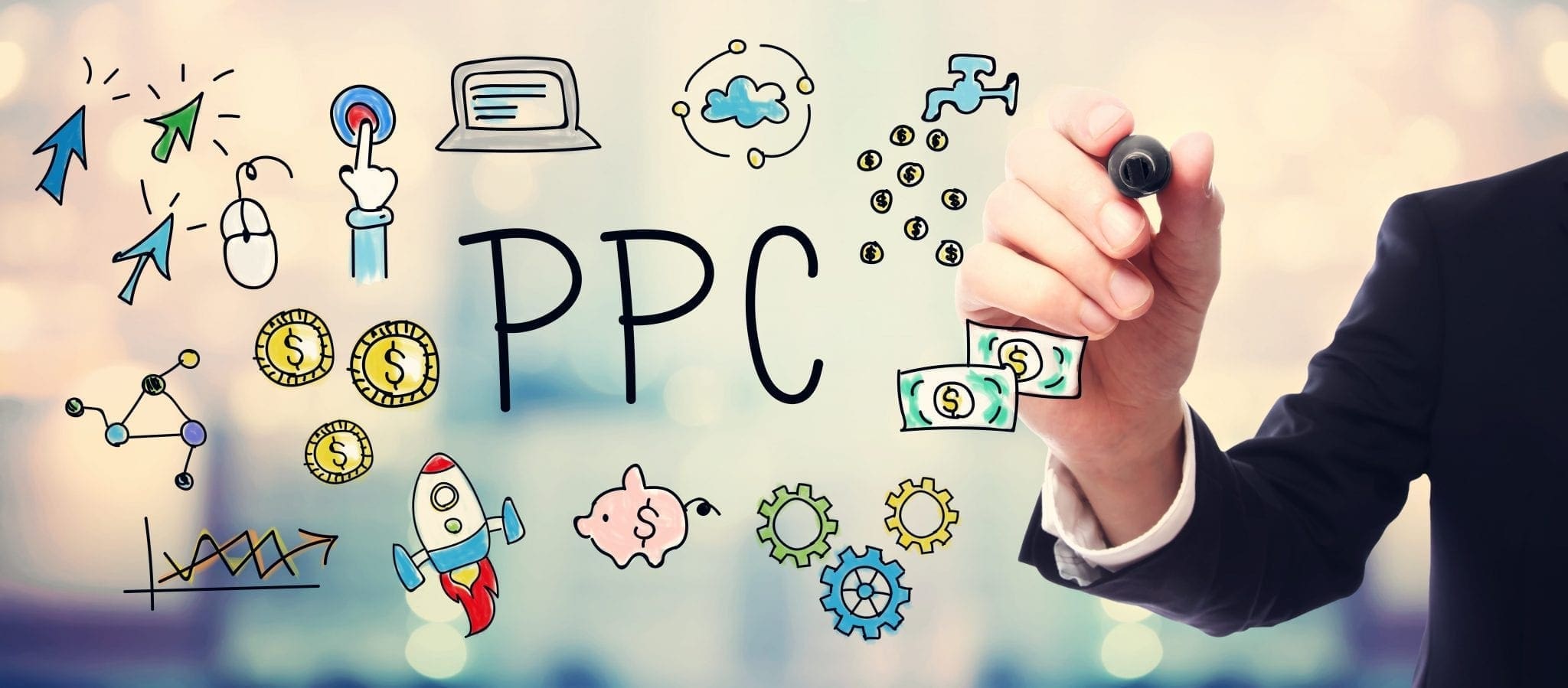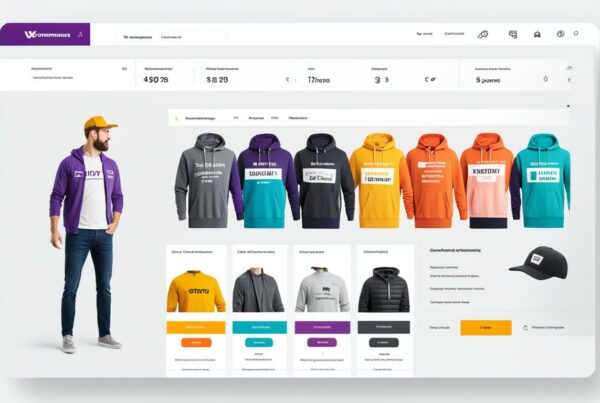Skilfully deployed, Pay Per Click (PPC) is highly effective and extremely efficient at Return On Investment (ROI), as advertisers only pay when readers click through to read an ad. When PPC is skilfully optimised for you, the cost per click is tiny compared to the value of each sale. The key point to note is that optimisation differs for each client: there is no one-size-fits-all solution.
PPC is offered by search engines such as Google, Yahoo and Bing, social media sites such as Facebook & Twitter, and even some websites, such as comparison-shopping engines.
Google is by far the most used search engine in the western world, used by billions of people each day.
The Bidding System – Beat the Brute Force of Big Budgets
The search engines use a bidding system, taking into account how much you have specified as your maximum cost per click to calculate your Ad Rank (AR). The advertiser with the highest AR gets their ad displayed in response to search queries by users.
Each time that ad is clicked through to your website, you pay Google up to the maximum agreed amount.
So, if you have unlimited amounts of money and can outbid everyone else, you could dominate the market?
That doesn’t sound “highly effective and extremely efficient at ROI”, admittedly, but there are ways to use skill to outweigh the brute force of a massive budget.
The Good News
Here comes the science bit:
Your Ad Rank is calculated using more than just the maximum amount you are willing to pay to see your ad come up in response to search queries.
So, Maximum Cost per Click/ Quality Score = Ad Rank.
The higher your Quality Score, the lower your Maximum Cost per Click can be and the higher your Ad Rank.
None of the search engines have disclosed the details of the formula they to calculate the QS, but Google has revealed that the important factors are:
- Relevance of the keywords to the ad group
- The quality and relevance of your landing page
- Your click-through rate (CTR)
- The relevance of your ad text
- Past performance of your AdWords account
This is when a holistic approach to digital marketing is absolutely crucial. Google will promote you if you have an SEO-optimised website and will actually reward past Ad Words successes with more leads.
Why?
Because Google realises that those advertisers making the most sales from AdWords will keep buying Ad Words.
Keywords
There’s more science: we can refine your keywords so you are achieving low cost and high conversion, sneaking the rug from under the feet of your big-budget competitors.
Let’s say you are a travel company, based in Fife, offering small-group tours of Scotland. If you try to take on the big boys by bidding for keywords like “travel” or “holidays” you’ll lose out every time, as they will pay big money to come top of every search. Also, even if you did get some clicks, the probability is that a high percentage would be irrelevant to you. You can’t provide a package holiday to Benidorm, so those customers are no good to you.
Beat the Big-Budget Boys
Time to work smarter.
If we look at what you makes you different and focus on that, we can achieve an efficient win.
The first thing we do is segment. We add “small-tour holidays” as a tag. That definitely narrows it down, but there is still a lot of competition and a lot of irrelevant results, like holidays in Botswana.
Research
Time to get specific, but let’s be clever about it. We do some research and find the most common questions your potential customers ask Google. We find “luxury small group tours Scotland” is actually a common search term. Let’s have that! “Private tours of Scotland” is a big one. Hadn’t thought of that, but it describes us perfectly. “Best small-group tours Scotland” Definitely!
Now we have some long-tail keywords that are more specific to our business, less expensive to bid for and likely to minimise irrelevant results.
The keywords cost less to begin with. Divide the low cost by our high QS, awarded by doing everything that Google likes, and we’re up and running.
We do need to monitor our campaign, and tweak the landing page, the precise words of the ads and the keywords here and there as we go along, but we’re making sales now.
PPP
So, in summary, what’s involved in optimising your Google Ad Words account so you get maximum efficiency for your spend?
It starts with the 3 Ps: Preparation, Preparation and Preparation.
- Get your keywords right. The most expensive are not necessarily the best for you
- Eliminate ambiguous keywords that lead to expensive erroneous clicks
- Get the landing page right – it not only pleases Google, it increases your conversion rate.
- Know the system. Google Ad Words is powerful, but far from simple.
- Track and monitor your campaign on a daily basis, adjusting to achieve maximum return
You can study the subject, run a few test campaigns and hone your skills as you go along. This will take up your time and not a little money, as you discover, by trial and error, what works and what doesn’t.
Generally speaking, it’s best to hire a specialist to design and manage the campaign for you. The money you lay out will be saved many times over in avoiding rookie mistakes.
Internet Creation launches and manages PPC campaigns for our clients on a daily basis. Our search engine marketers are skilled at identifying the best value keywords, wording your ad just right, and creating the crucial landing pages that integrate perfectly with your campaign and score more points with Google.
We will save you time and money while we increase your conversion rate, maximising your ROI.
Internet Creation Ltd. specialises in Web Design & Development, Graphics Design and Digital Marketing (SEO & PPC). For more information on how we can help your business, email [email protected].






